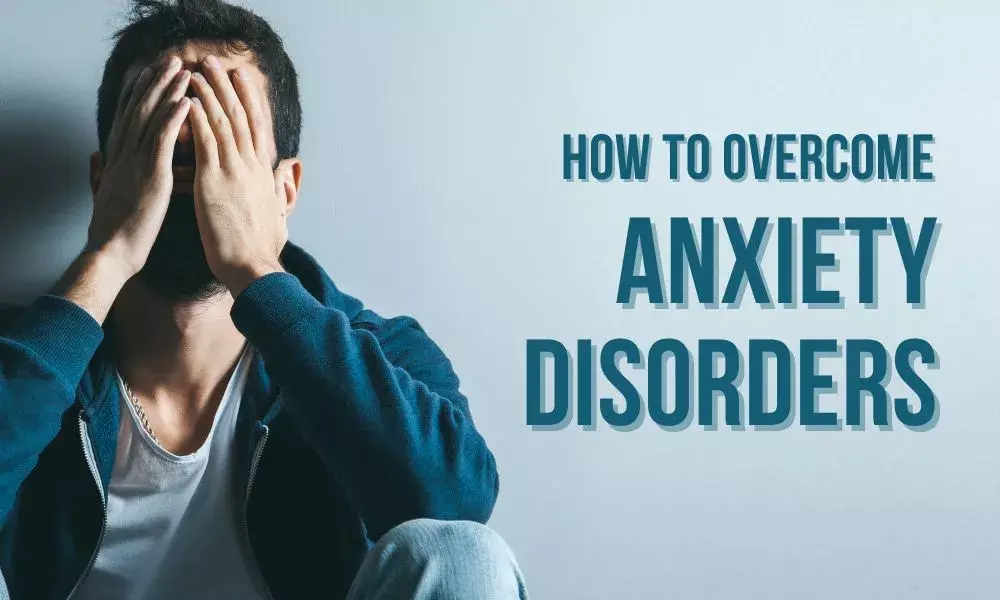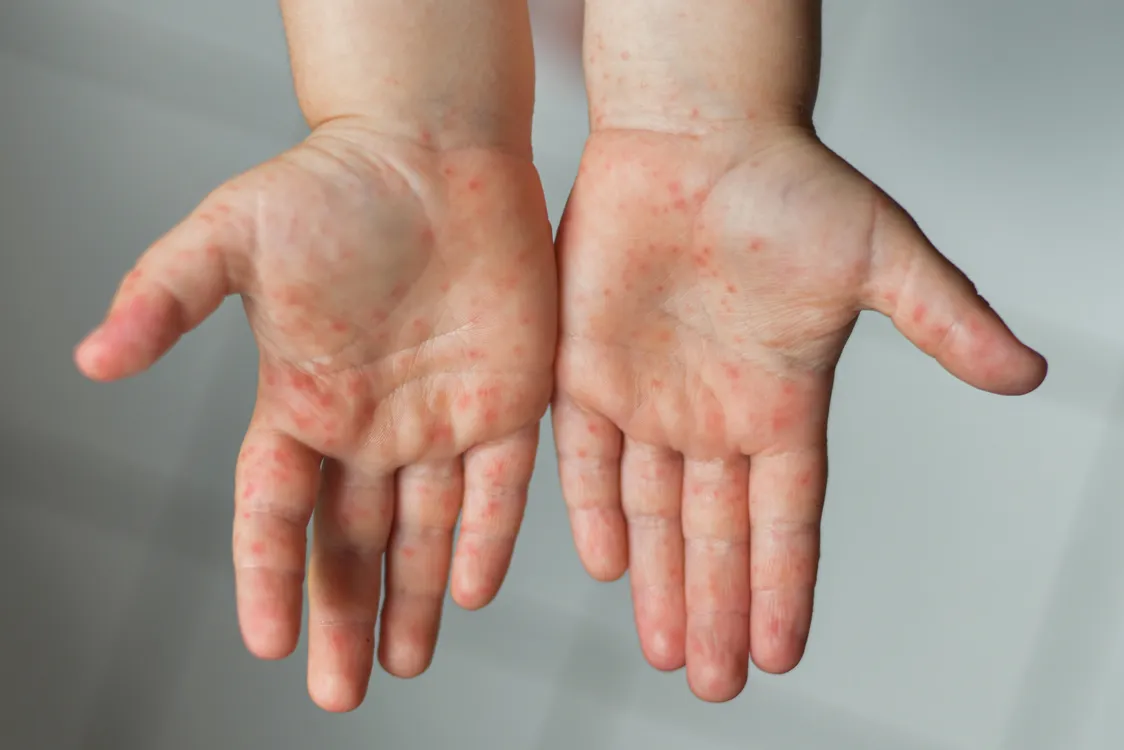Manage Anxiety through Eight Simple Ways
Anxiety is the top mental illness affecting more than 300 million people worldwide in 2022*.
With increasing stress, hectic schedules, and complex lifestyles, our anxiety levels may reach the highest tolerable peak. What may happen next?
Table of Content
-
Anxiety and anxiety disorders
-
Symptoms of Anxiety
-
Types of Anxiety Disorder
-
Causes of Anxiety Disorder
-
Managing Anxiety
Anxiety and anxiety disorders
Anxiety is a condition that causes you to feel extremely worried or nervous. The feelings are so strong that they can cause problems with your daily activities or sleep. Anxiety may be triggered by something you fear, or it may happen without a cause. Family or work stress, smoking, caffeine, and alcohol can increase your risk for anxiety. Certain medicines or health conditions can also increase your risk. Anxiety can become a long-term condition if it is not managed or treated.
Symptoms of Anxiety
-
Fatigue or muscle tightness
-
Shaking, restlessness, or irritability
-
Problems focusing
-
Trouble sleeping
-
Feeling jumpy, easily startled, or dizzy
-
Rapid heartbeat or shortness of breath
Types of Anxiety Disorder
-
General Anxiety Disorder
-
Panic Disorder
-
Specific Phobia
-
Selective Mutism
-
Social Anxiety Disorder
-
Separation Anxiety Disorder
-
Agoraphobia (fear of open spaces)
Causes of Anxiety Disorder
Potential factors that may trigger your anxiety levels and lead to other mental health issues are:
-
Medical factors include disease symptoms or the effects of a medication like chemotherapy.
-
Emotional or Social stress.
-
Existing physical or mental issues.
-
Substance withdrawal, such as while trying to quit smoking or any other addiction.
-
Genetic history of anxiety disorder.
Managing Anxiety
You may get medicines to help you feel calm and relaxed and to decrease your symptoms. Medicines are usually given together with therapy or other treatments. The following can help you manage anxiety:
-
Avoid overthinking: When you stop overthinking and imagining the worst, you eliminate the most common cause of anxiety attacks. Yes, you can learn to stop scaring yourself. This is one of the most powerful ways to eliminate anxiety attacks.
-
Journaling: Writing down what you are going through can help you channelize the negative thoughts into positivity. It helps in relaxing your thoughts and reduces anxiety.
-
Distract your thoughts: Distracting yourself can prevent anxious thinking. There are many ways to distract yourself, such as counting, calling a friend, organizing materials on or on your desk, playing a game, reading a book, going for a walk, etc. Anything that distracts your mind from anxious thinking will indirectly reduce your anxiety.
-
Meditate and relax: Meditating and deep breathing can help your brain relax, reducing anxiety. Listening to soothing music can relax you and reduce unnecessary stress. When you feel worried, indulge in things that make you happy.
-
Physical activity: Any form of physical exercise can have a relaxing effect on your brain. Exercise aids in generating happy hormones. Doing regular exercise is believed to keep people fit mentally too. Walking for 20 minutes daily can be very helpful.
-
Practice deep breathing: Focusing on your breathing can be therapeutic. Deep breathing can help you relax when you feel anxious. Focus on taking slow, deep breaths several times daily or during an anxiety attack.
-
Regularize sleep patterns: Regular sleep can help you feel calmer during the day. Maintain a regular time of sleeping and waking up every day. This helps in better signalling to the brain to rest. Avoid watching any screens at least two hours before going to bed. Your room should be comfortable, dark, and quiet.
-
Socialize and talk it out: When you are anxious, your brain is worked up with disturbing thoughts. You must talk it out. Cognitive behavioural therapy can help you understand and change how you react to events that trigger your symptoms. You might feel relaxed when you talk to your family member or friend. Try to talk to somebody who may understand you and be reciprocating and supportive.
To sum up, life can be tough at times to an extent, and fearful too. The solution to anxiety is to control your emotions and stay calm. If you experience extreme fear or restlessness frequently, you may need some help to calm you through. Do not hesitate to talk and take help from a doctor.
Data Source: Mental health statistics 2023 (singlecare.com)




